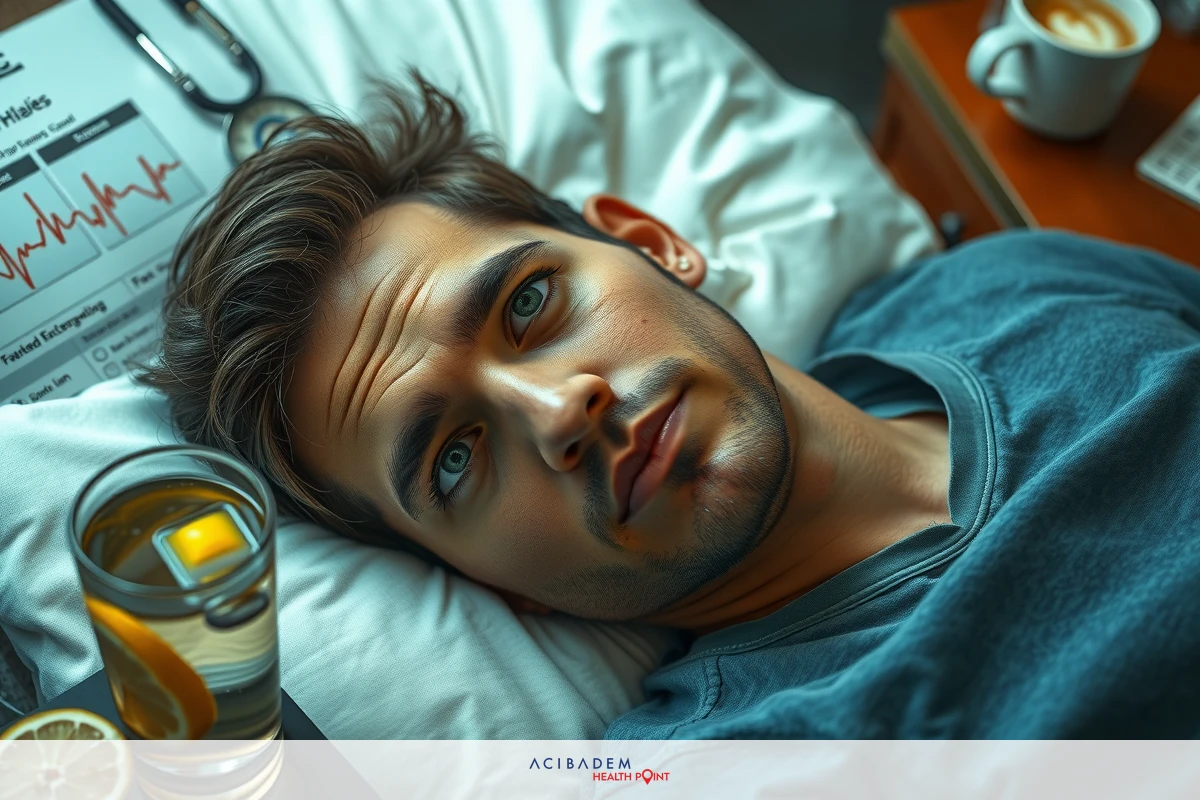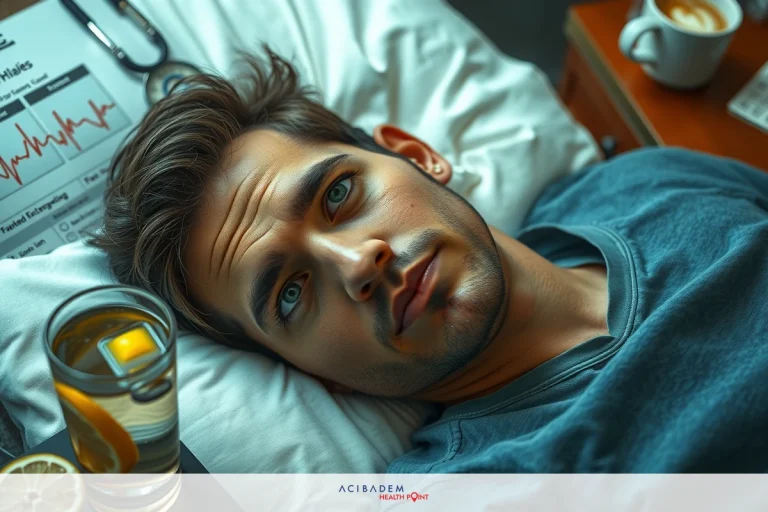When Can I Have Caffeine After Rhinoplasty
When Can I Have Caffeine After Rhinoplasty Caffeine, a beloved component of our daily rituals and routines, often becomes a question mark in the aftermath of rhinoplasty. The immediate post-operative period following rhinoplasty brings with it an array of instructions for care, amongst which is the guidance to avoid caffeine.
The reasons behind this are multifaceted. Consuming caffeine after surgery can interfere with your body’s healing process. It raises blood pressure, accelerates heart rate and could potentially cause bleeding complications. This makes its reintroduction into your diet a matter needing careful consideration and consultation with healthcare professionals.
The timeline for consuming caffeine post-rhinoplasty isn’t set in stone due to individual differences in recovery rates and health statuses. Personalized guidance from your surgeon remains paramount here – they possess comprehensive knowledge about your specific case that influences this decision.
Immediate Post-Operative Period
In the landscape of rhinoplasty recovery, the immediate post-operative period is characterized by a heightened need for carefulness and attentiveness towards one’s body. Here, caffeine stands as an unwelcome guest. This common substance found in many beverages can turn from comforting to problematic when introduced into a body that’s healing after surgery.
The initial days and weeks following rhinoplasty play a pivotal role in shaping your recovery journey. During this time, abstinence from caffeine becomes essential due to its potential effects on the healing process. The recuperating body requires peace and stability; however, caffeine consumption might trigger unwanted reactions such as elevated blood pressure or increased heart rate.
Post-rhinoplasty restrictions are not arbitrary but grounded in scientific understanding of how our bodies react during healing periods. Caffeine falls under these restrictions due to its stimulant properties which could exacerbate bleeding risks—a complication you would want to avoid while recovering from any surgical procedure.
Yet it’s crucial to remember that every individual’s response will vary based on their unique physiology and tolerance levels for substances like caffeine. Therefore, while general advice leans towards avoiding caffeine immediately post-operation, always consult with your surgeon who understands your specific health context best.
To sum it up: yes—steering clear of caffeine during the immediate post-operative period after rhinoplasty is generally advised—but keep open communication channels with your medical team for personalized guidance based on how well your body heals.
Consult Your Surgeon
In the journey of rhinoplasty recovery, your surgeon serves as a compass—guiding you through each turn. When it comes to reintroducing caffeine into your diet after surgery, their counsel becomes invaluable. They carry an intimate knowledge of your unique case that underpins personalized guidance.
Your surgeon’s thorough knowledge of your medical history and current health status enables them to offer personalized advice on when and how to safely reintroduce caffeine after a rhinoplasty. This includes considering factors like your sensitivity to stimulants or a history of high blood pressure, which may lead to a longer period of caffeine abstinence.
The importance of effective communication with your surgeon cannot be overstated here. It is crucial for patients

recovering from rhinoplasty to share any concerns about dietary restrictions like caffeine intake during follow-up consultations. Your surgeon can then address these concerns based on their expertise and insight into how well you are healing.
While information found online provides useful general guidelines regarding recovery after rhinoplasty—it does not replace professional medical advice specific to your individual situation. If there’s one takeaway message here-it would be this: when in doubt about whether or not it’s safe to consume caffeine after surgery—consult with your surgeon first.
A successful recovery from rhinoplasty is built upon a foundation of patience, adherence to post-operative care instructions and open dialogue with healthcare professionals involved in your case—especially surgeons who hold an authoritative perspective on what best suits the course of healing for individual patients.
To conclude—the question “When can I have caffeine after my rhinoplasty?” finds its most accurate answer within the confines of consultation rooms where surgeons deliver insights crafted exclusively around their patient’s personal health context.
Gradual Introduction of Caffeine
With the green light from your surgeon, you stand at the threshold of reintroducing caffeine back into your life post-rhinoplasty. However, it’s important to note that this transition should be gradual and mindful. It’s like dipping a toe in before diving into the water—start with small amounts of caffeine and closely monitor how your body responds.
Like any other element in our diet, when it comes to reintroducing caffeine post-rhinoplasty, moderation is key. Begin by consuming smaller quantities than what you were accustomed to prior surgery. Be observant about any changes or discomforts you experience after consumption—the goal here isn’t just about resuming old habits but ensuring they align well with your ongoing recovery process.
It might be helpful to maintain a journal noting down specifics such as amount consumed or timing along with physical responses observed over time for better understanding patterns if any emerge. This can provide invaluable insights on whether further adjustments need to be made regarding caffeine intake during recovery.
The journey towards full recovery from rhinoplasty doesn’t conclude abruptly—it unfolds gradually much like the cautious reintroduction of caffeine we are discussing here. The road ahead may involve some trial and error as each individual’s tolerance varies widely when it comes to substances like caffeine. Hence patience becomes an ally while navigating through this phase.
Keep an open line of communication with your healthcare team during this period—they can offer advice based on their expertise if unexpected reactions occur upon introducing small amounts of caffeine back into your diet which could help mitigate potential risks associated with its consumption during recovery.
In conclusion—reintroducing coffee after rhinoplasty warrants a slow, gradual approach underpinned by consistent monitoring and open communication with healthcare professionals involved in your care. It’s about finding the delicate balance between enjoying the comfort of familiar habits like sipping your favorite caffeinated beverage—and ensuring it doesn’t impede your healing journey post-rhinoplasty.
When Can I Have Caffeine After Rhinoplasty: Frequently Asked Questions
Why should I avoid caffeine immediately after my rhinoplasty surgery?
Caffeine is a stimulant that can increase your heart rate and blood pressure. This can potentially lead to complications such as bleeding during the initial recovery period following your rhinoplasty. Hence, it's generally recommended to steer clear of caffeine for at least the first few days post-surgery.
How soon after my surgery can I start consuming caffeine again?
The safe timeline for reintroducing caffeine into your diet varies between individuals based on their specific health context and how well they are healing from the surgery. It's always best to consult with your surgeon before resuming consumption of caffeinated beverages
: What if I notice some discomfort or unusual symptoms when I start drinking coffee again?
If you observe any discomfort or unexpected reactions upon gradually reintroducing caffeine into your diet, it would be prudent to pause its intake and consult with your healthcare provider right away. They might suggest adjustments in quantity or timing based on their professional insights about your specific case.
Is decaffeinated coffee a safer alternative during my recovery period?
Decaffeinated coffee contains significantly less caffeine compared to regular ones but still retains some amount which could potentially interfere with recovery post-rhinoplasty. Therefore, even while considering this option—it's crucial you seek advice from professionals involved in your care.








